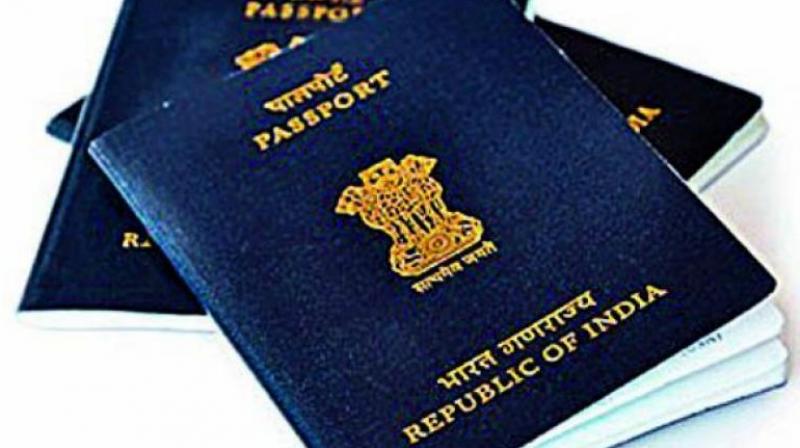India may permit passporting of funds
Mauritius IFC in talks for GIFT City route to local market.

Mumbai: India may allow 'passporting of funds', a route that would allow foreign portfolio investors from jurisdictions like Singapore, Cyp-ress and Mauritius to raise money from India to invest in the domestic market.
Sources said the Mauritius International Financial Centre (IFC) is in the process of entering into an agreement with the Gujarat International Finance Tec City to recognise Mauritius-licensed funds and management companies as qualified to operate in Gujarat jurisdictions.
If this proposal get regulatory approval, Mauritius-registered funds can raise funds from India investors and invest in the Indian market with fund managers based in India.
Passporting refers to the regulation of financial services. For instance, if a firm is authorised to undertake operations by the regulator of one EU member state, it can apply for a 'passport', and do business throughout the EU without needing further authorisation.
Passporting would have allowed domestic funds to sell their products in other countries without the need for regulatory clearance in the host country.
Earlier a proposal for passporting was shot down by the Securities and Exchange Board of India.
The regulator was worried about excessive inflows into MFs and feared that being part of such an agreement would bring in additional foreign money into Indian mutual fund schemes, making them more susceptible to sudden outflows.
The Sebi wanted to put off passporting for the time being and wanted players to focus on deepening their presence in the country.
The Sebi has been working with the International Organization of Securities Commissions (IOSCO) and regulators in other Asian countries to make passporting a reality for over two years now. Last year, Sebi's International Advi-sory Board had specifically urged the regulator to look at practices such as passporting.
Mutual Fund 'Passpor-ting' or fund passport, once implemented will allow cross-border marketing of managed funds across participating economies in the Asian region.
The Asia Region Funds Passport (ARFP) is an initiative led by Asia-Pacific Economic Cooperation (APEC) with the objective of attracting and keeping finance within the region to foster its economic growth and strengthen the investment management industry.
Five countries--Australia, Japan, New Zealand, South Korea and Thailand--have signed a memorandum of understanding to participate in the ARFP.
The APEC has been promoting the ARFP scheme to other member countries. Potential new joinees could include India, Indonesia, the Philippines, Singapore and Vietnam. The ARFP will allow units of funds authorised in a participating country (home jurisdiction) to be offered in other participating countries (host jurisdictions) upon approval as an ARFP fund and host jurisdiction authorisation.

